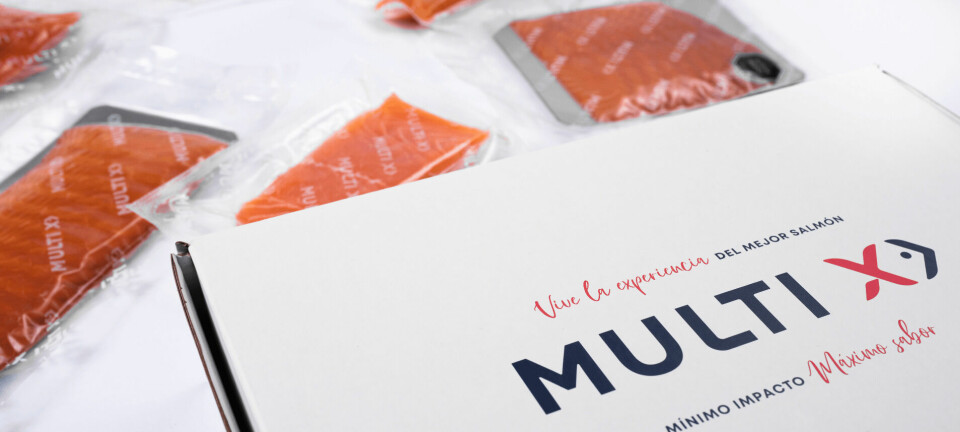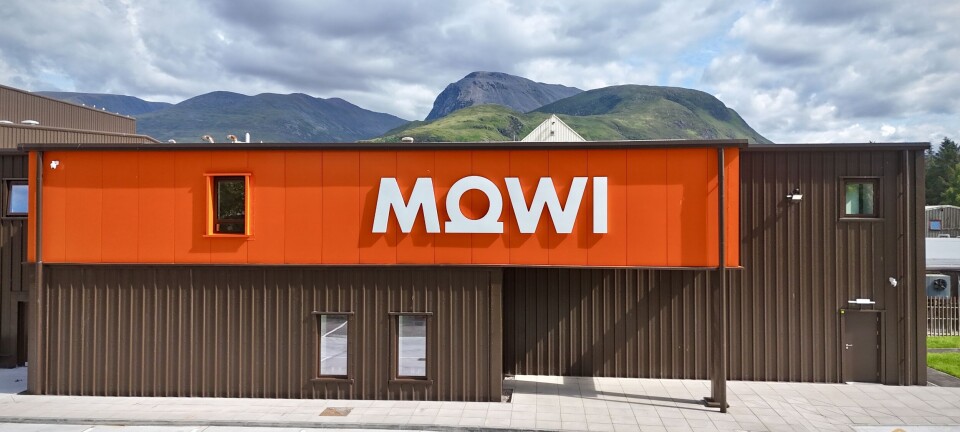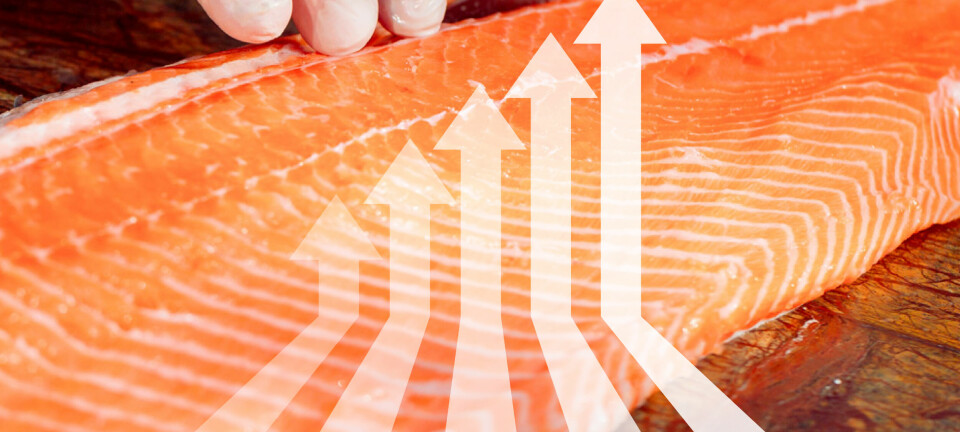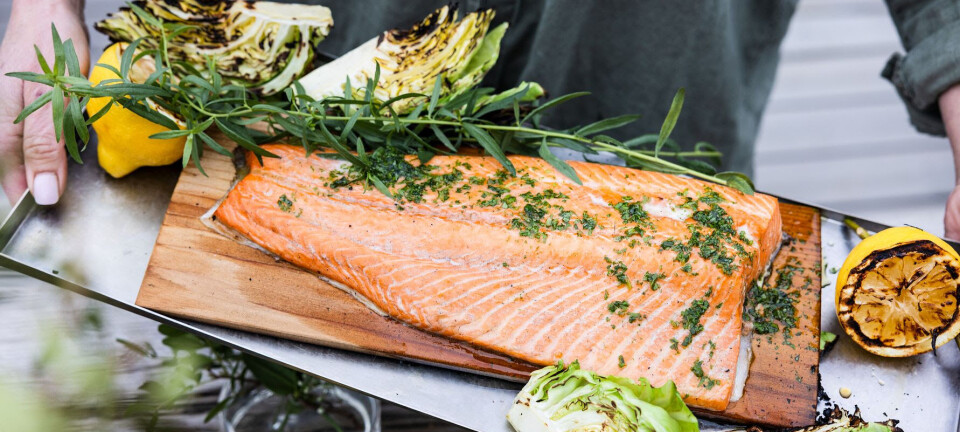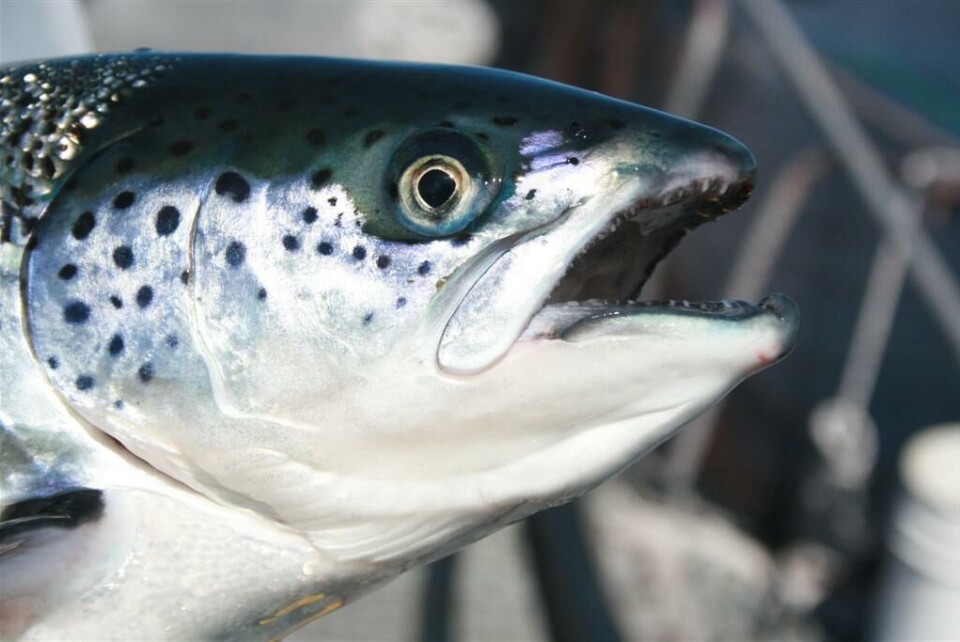
M&S eco-label farmed fish "not better for environment" report claims
How Green Is Your Eco-Label? looked at the environmental impacts of farming 11 species of fish, including three varieties of salmon – Atlantic, chinook and coho – as well as Atlantic cod, European seabass, barramundi and turbot. It did not look at farmed freshwater fish such as tilapia.
Overall, most eco-labels for farmed marine fish produced no more than a 10 per cent improvement over conventional varieties. A third of the 20 eco-labels in the study were at the same level as, or below, standard industry practice.
"They have set criteria that currently sit below the normative performance of conventional industry," lead author John Volpe, who heads the Seafood Ecology Research Group at the University of Victoria in British Columbia, Canada, told the Guardian online.
Marks & Spencer scored at the bottom, or second from the bottom, on all four sets of rankings. Of any of the labels, it was the furthest from reaching the voluntary standards set by the Monterey Bay Aquarium seafood watch guide and the Blue Ocean Institute seafood guide, the newspaper said.
A spokeswoman for Marks & Spencer said that the company was very disappointed by the report and that its commitment to sustainable fishing beyond labels. "We have developed an industry leading aquaculture standard that we apply to all the farmed fish we use in our business, including that used as an ingredient in prepared food, which very few other major retailers do," Emma Johnson told the Guardian.
She criticised the report for including only two retailers – Marks & Spencer and Whole Foods – on its list of 20 standards developed by organic associations, industry groups and supermarkets in the US, UK, Europe and Australia.
